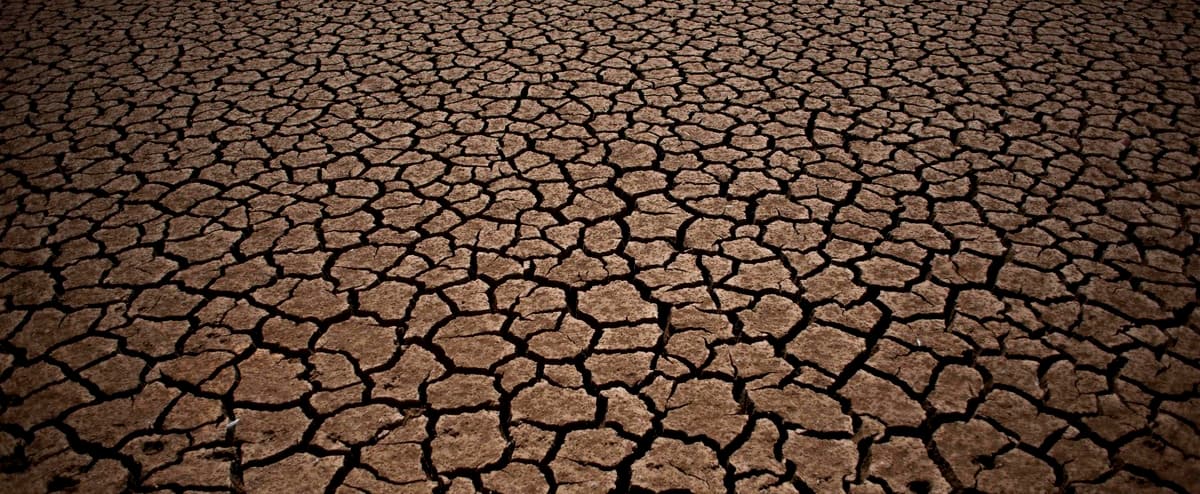Argentina's Celeste Saulo, the first woman to head the UN weather and climate agency, wants to prioritize the needs of the most vulnerable countries as climate change accelerates and extreme phenomena increase.
• Also read: Colombia: Illegal wood is being converted into beehives to combat bee deaths
“Climate change is the greatest global threat of our time. Rising inequalities are amplifying the impact,” said Ms. Saulo in a press release issued on Thursday announcing her taking office.
“Coming from a country in the South, I am particularly sensitive to the need to prioritize the needs of the most vulnerable,” especially so that these countries can develop their resilience to extreme phenomena related to climate, weather and weather. Water and the environment, she added.
According to her, many national meteorological and hydrological services have inadequate resources, while “even a small increase in investment brings enormous socio-economic benefits to our communities”.
The new head of the World Meteorological Organization (WMO) succeeds the Finn Petteri Taalas. She was elected last June and clearly beat her main rival, the Chinese candidate.
She has headed Argentina's National Meteorological Service since 2014 and recently served as first vice president of the WMO.
Ms. Saulo intends to be “the spearhead” of activities carried out by the global meteorological community under the auspices of the WMO “so that science best serves the interests of society.”
Much of WMO's work involves leveraging and sharing the work of national weather agencies on greenhouse gases, sea levels, temperatures, melting glaciers and other indicators of change.
The organization recently made it a priority to ensure that the entire global population is covered by early warning systems for weather risks by the end of 2027.
WMO member states also agreed last year to establish a Global Greenhouse Gas Monitor, which will provide for their continuous monitoring to take into account both natural sources and sinks as well as those related to human activities.
“We just experienced the hottest year on record. However, if the ongoing El Niño phenomenon has had its full impact on temperatures and weather phenomena, 2024 could well become even hotter and more extreme,” Ms Saulo said on Thursday.
“It is human and industrial activities that are responsible for this situation. There is no doubt about that,” she states.

